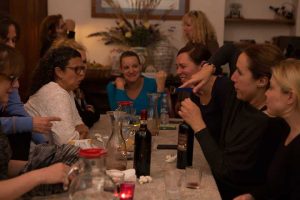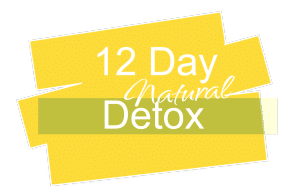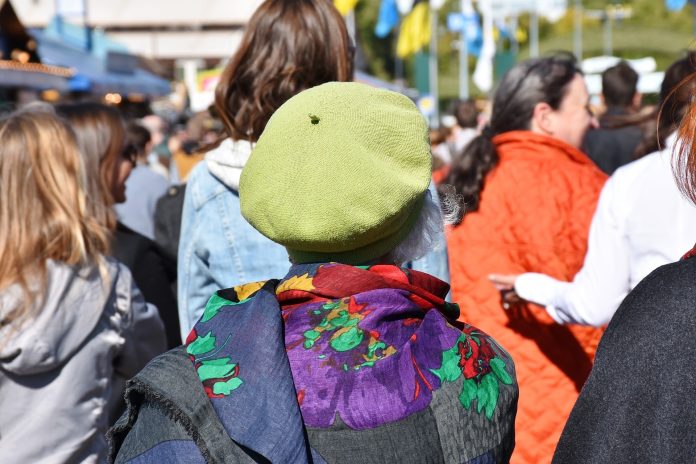By Nina Woulk
Someone asked why I am so interested in how transgender people, especially those who grew up with no transgender community and had to create their own identity in isolation, construct identity. Here is an answer.
I date back to the times when it seemed possible to construct a lesbian community that would be a life-long support system for its members, and spent some years working on community-building. We were not simply discovering that we were lesbians, although that’s how it felt at the time; rather we were trying to create an enduring lesbian social/political identity that we could share, that would be embodied in the community institutions we were trying to build. This was ambitious of course but humans are often ambitious.
Underlying this project was the idea of identity politics: Because I am such, I do this and believe that. In the age or ‘Black Power to the Black People, Brown Power to the Brown People, Revolutionary White Power to the Revolutionary White People’ that sort of thinking was popular and nobody that I knew worried about its repressive potential.
The practical problem was different: Nobody is only a lesbian. For starters, one is also a woman, a necessary precondition. One is also at least one race or ethnicity. Etc. As the identity becomes more qualified, the number of people who share it become fewer. The smaller the group that shares the identity, the smaller the possible community based on it. Barbara Ruth once wrote, ‘I believe that every Lesbian Indian Jew is exactly like me’.
I can’t be/do/believe one thing because I am lesbian and another because I am Jewish and another because I am American and another because I am female while still hoping to have all those identities bind me to any political/social group. Neither can I simply toss all the adjectives like bathwater and claim, with the optimism of early 20th century leftists, to be simply human. Nobody is simply human because being human is not simple.
So I, like many of my pre-queer generation, ended up with a post-modern identity before it had a name, being both the elephant and the blind men. I am completely Jewish, completely lesbian, completely American, etc., all at once, without any pretense that I know what all those identities mean. I am not the adjective-free human being who under ‘Race’ writes ‘Human’ on all forms because all my identities are both nouns and adjectives. At the same time, I am not lesbian like anyone else, American like anyone else, etc. I am all of those in my own way.
This is a little of how I have constructed an identity that I can live with being part of many communities. How much more work to do it all on one’s own, the most marginal of the marginal. How many interesting and varied insights must arise from all that work, even if many trickle away as the group tries to define itself and discussion settles into invective. How many answers to the question, ‘What is it like to be you?’



Get ready to connect to your joy, manifest the life of your dreams, and tell the truth about who you are. This program is an excavation of the self, a deep and fun journey into questions such as: If I wasn’t afraid, what would I do? Who would I be if no one told me who I was?
Jennifer Pastiloff, creator of Manifestation Yoga and author of the forthcoming Girl Power: You Are Enough, invites you beyond your comfort zone to explore what it means to be creative, human, and free—through writing, asana, and maybe a dance party or two! Jennifer’s focus is less on yoga postures and more on diving into life in all its unpredictable, messy beauty.
Note Bring a journal, an open heart, and a sense of humor. Click the photo to sign up.

Thank you for this. 🙂